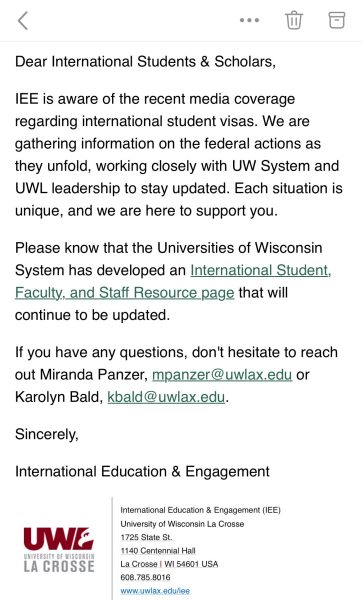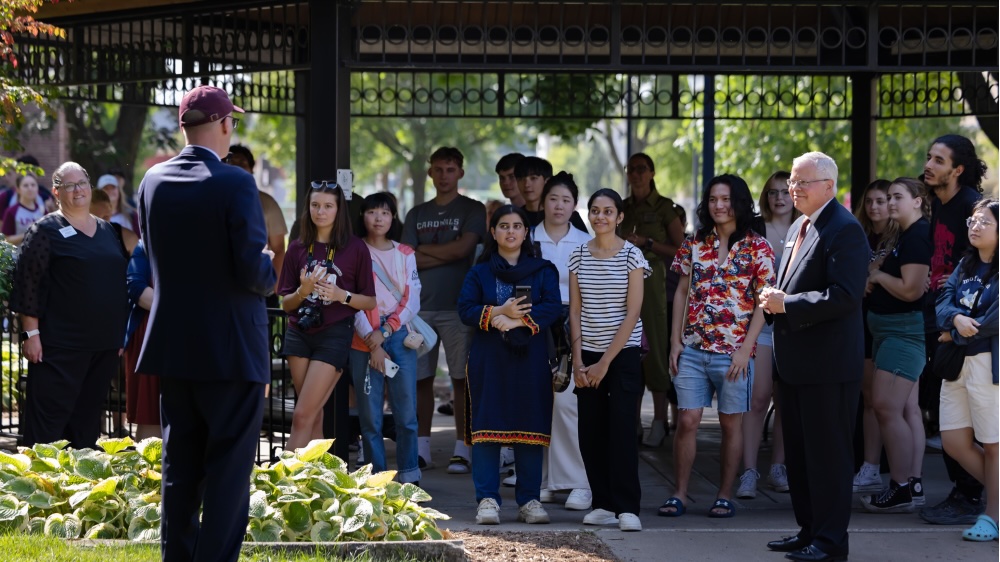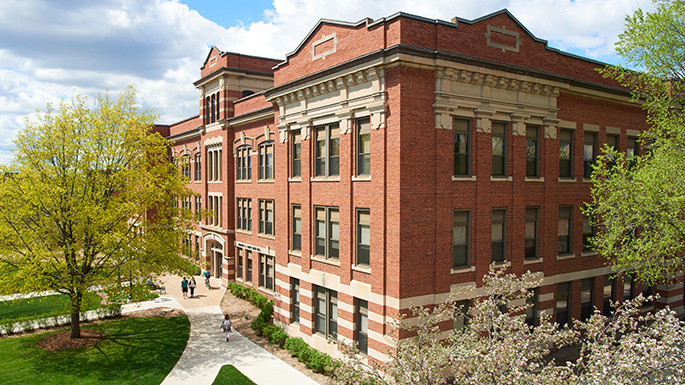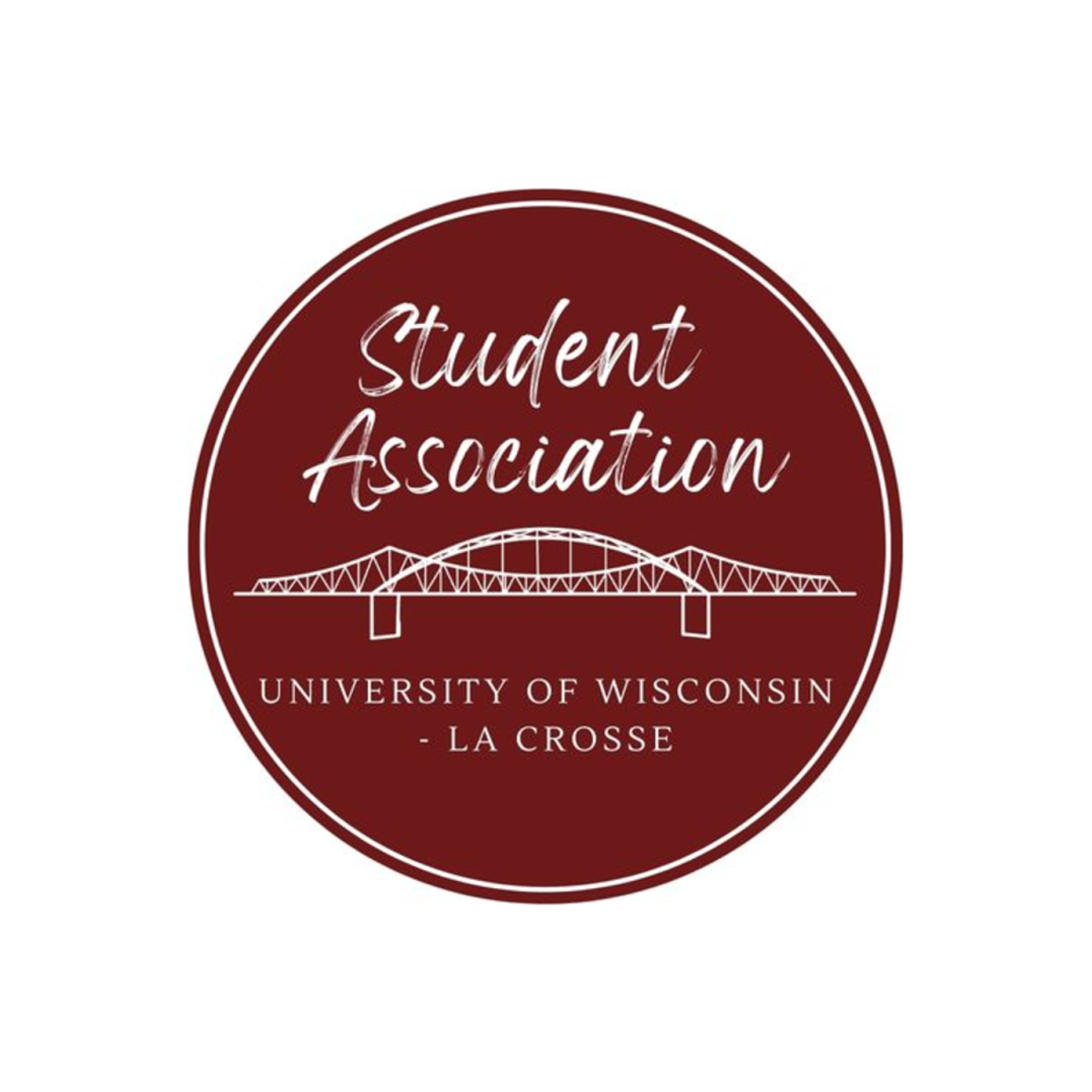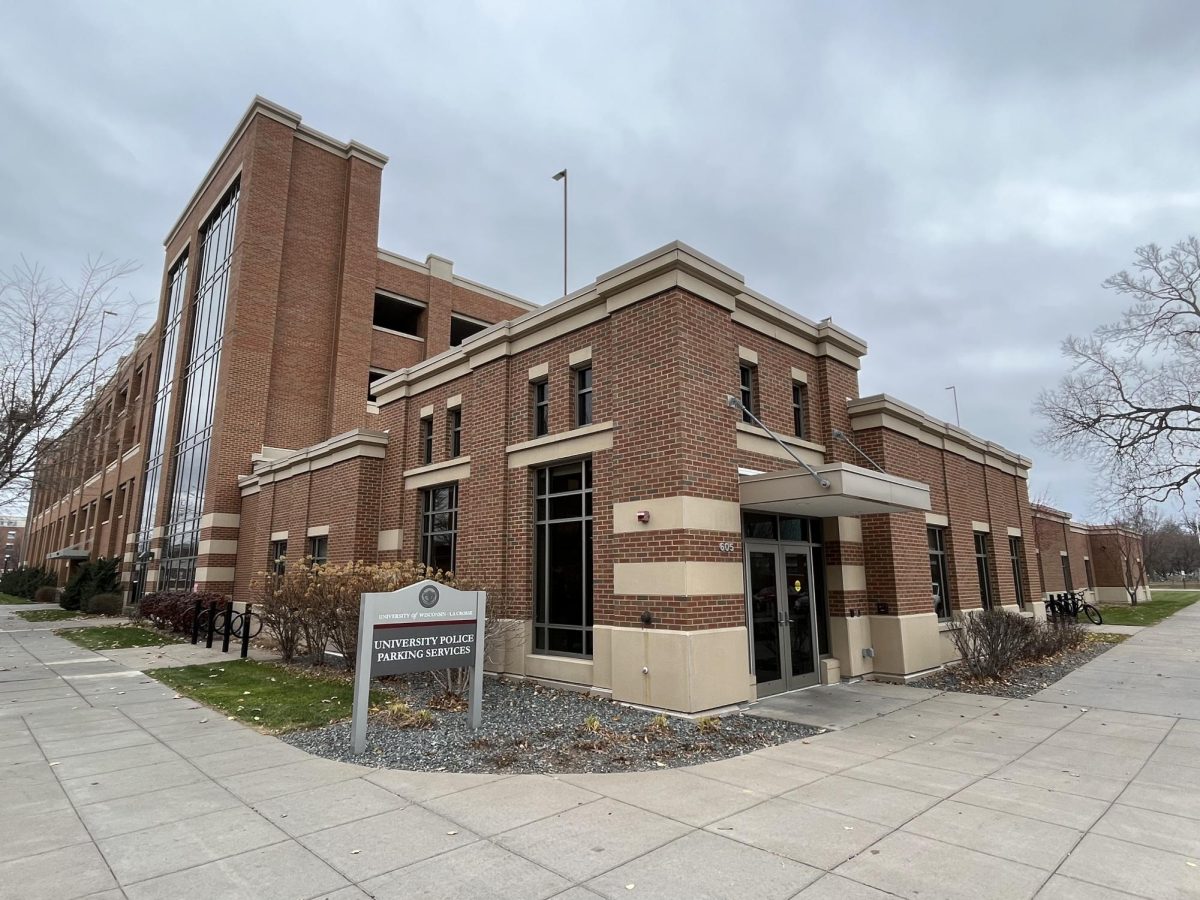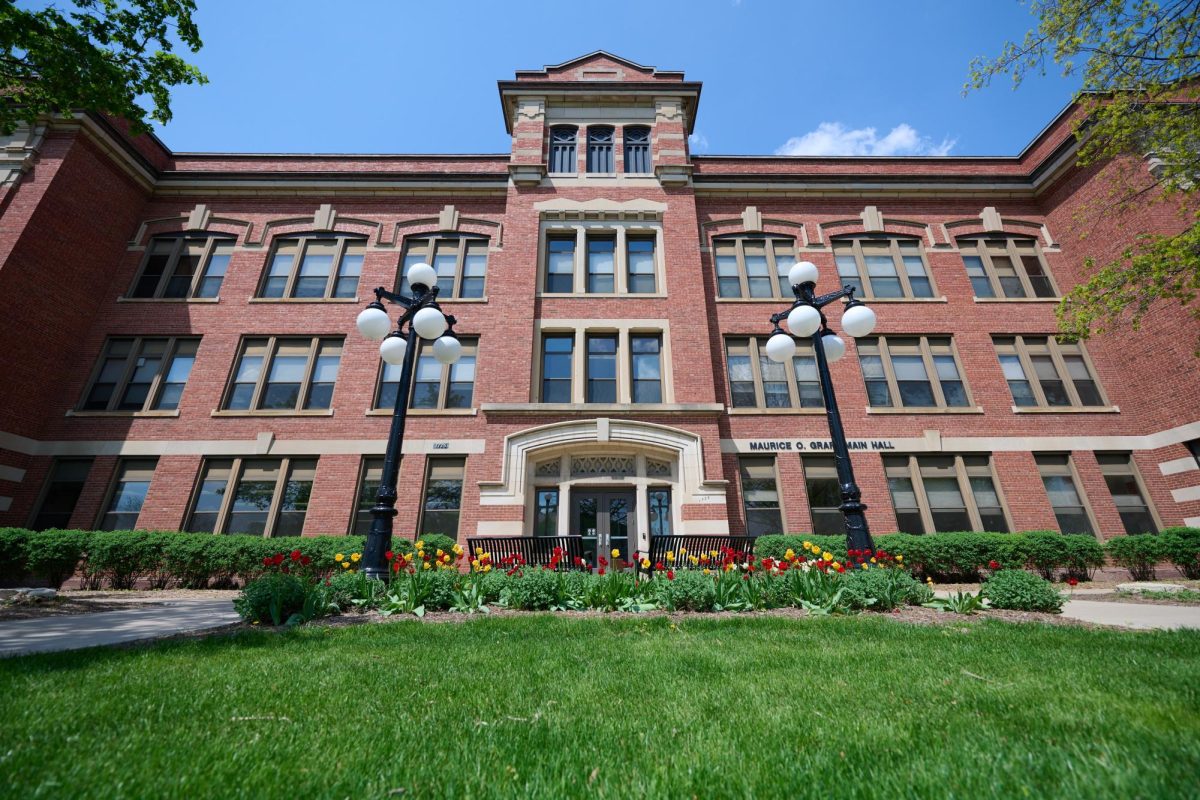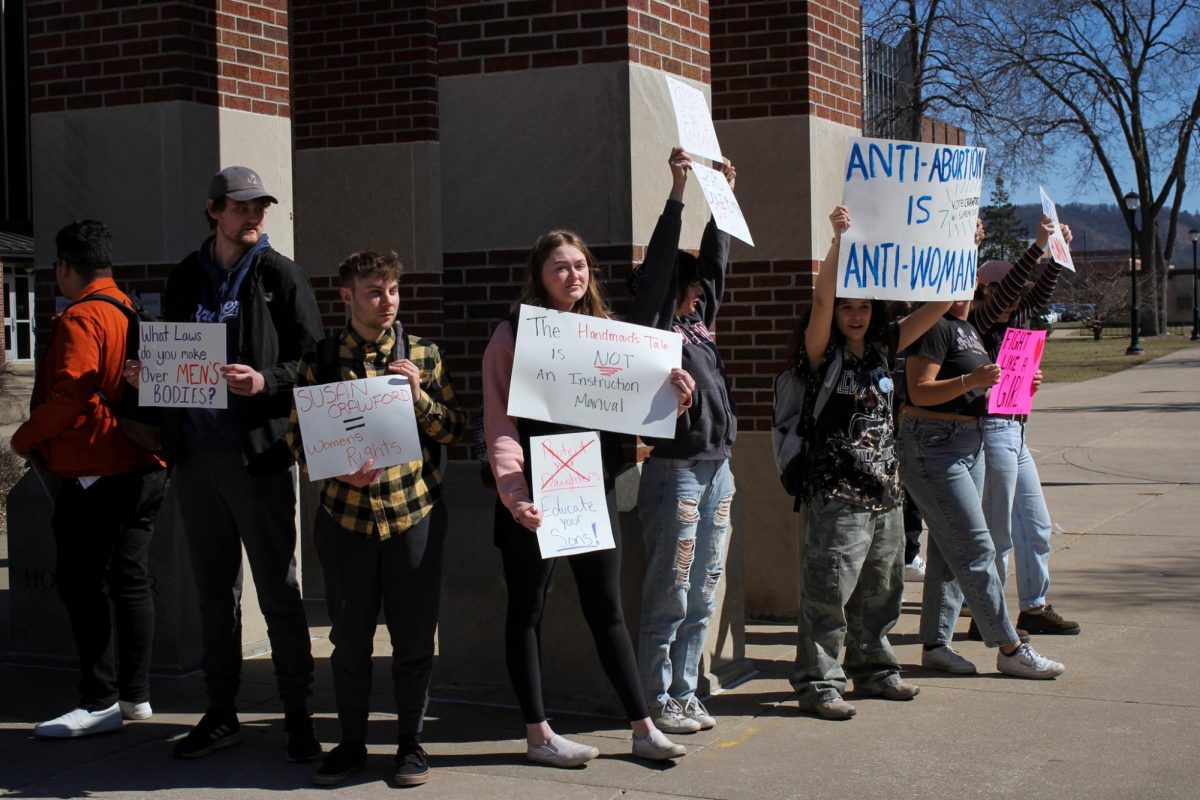The Trump administration took office in January 2025 and with it came the termination of over 1700 international student visas nationwide.
A terminated visa or Student and Exchange Visitor Information System (SEVIS) record, according to the official website of the Department of Homeland Security, means the following:
- The student loses all on- and/or off-campus employment authorization.
- Students cannot re-enter the United States on the terminated SEVIS record.
- Immigration and Customs Enforcement (ICE) agents may investigate to confirm the departure of the student.
- Any associated F-2 or M-2 dependent records are terminated.
There is no grace period for the affected students and they are required to leave the United States immediately or apply for reinstatement.
University of Wisconsin System schools have seen about 43 terminations in total, with little to no clear indication of the reasons for termination.
The University of Wisconsin-La Crosse is home to about 100 international students from over 30 different countries and many are worried about what the recent news means for them and their status.
The Racquet Press talked to four international students who have chosen to go by a pseudonym for their safety.
“It’s quite nerve-wracking,” said Sophie. “I definitely feel nervous and insecure at this point in time, because I feel like with all the terminations that have been happening, there isn’t much explanation to it.”
Sophie explained they would feel better if there was a clear explanation to why visas are being terminated.
The lack of clarity regarding what can lead to a terminated visa was a shared source of anxiety among all the interviewed students.
Another anonymous student who went by the pseudonym Winnie said, “It’s a scary time… we are always told that if you don’t do anything illegal, if you keep to yourself… complete your studies, follow every rule, you’ll be fine, but obviously, under this administration, that’s not the case.”
Sophie mentioned that several international students had changed their travel plans due to the terminations. Some, she added, had yet to visit their families since the beginning of the 2024 fall semester.
Some international students have deleted their social media and erased their online presence in order to be safe.
Nora J, echoed a similar sentiment. He shared that he couldn’t afford to risk voicing his opinion on any matter, even if it was a general criticism of the current situation, as it could be considered derogatory or defamatory.
“I mean, we joke about it (deportation) a lot like, ‘Ha ha, free ticket for myself’, but I can’t imagine what, [it’s] like [for] the actual students who’ve been deported, who were free of crime,” said Nora J.
Winnie talked about the physical and mental drawbacks he has been experiencing.
“I still have a lot of hair on my head, but I can definitely feel it dropping already… and I kind of just go day by day with that fear with me, thinking that it will be me next,” he said. “…You’re in a country where people do not want you to be here.”
There is also a lot of uncertainty about the future for international students and their employment in the U.S.
An international student by the pseudonym Chelsea L, said that her plans to intern over the summer in her home country were strongly discouraged, leaving her with limited options for summer jobs and internships.
Chelsea L added that getting internships in the United States was very hard, as visa sponsorship requirements discouraged possible employers.
Sophie echoed these concerns. She explained international students will see limited job opportunities because “…employers are worried about everything that’s happening right now. I understand where they’re coming from because I’m sure nobody wants to hire someone just to find out that they can no longer work with them,” she said.
International undergraduate students at UWL pay approximately $32,901 and international graduate students pay around $36,420 in tuition for an academic year, or two semesters.
Compared to the Wisconsin resident tuition of $18,123 or $27,570 for American non-residents, International students have a lot to lose financially in the case of a visa termination.
Nora J recounted a recent situation where a UWL international student (unidentified for privacy) was suddenly notified that the program sponsoring his education at UWL was cut, which left him stranded in the United States without a legal status.
According to Nora J, UWL’s International Office intervened, and the student was able to be reinstated as a transfer student.
“I can only imagine that people are doing their degrees and then it gets cut completely short, and you don’t have the chance to come back and complete it… That’s like maybe three, four years of your life,” said Nora J.
UWL’s International Education & Engagement (IEE) office is responsible for education abroad and has become a safe space and point of resource for several international students.
On April 9, 2025, IEE sent an email to the international student body stating:
Dear International Students & Scholars,
IEE is aware of the recent media coverage regarding international student visas. We are gathering information on the federal actions as they unfold, working closely with UW System and UWL leadership to stay updated. Each situation is unique, and we are here to support you.
Please know that the Universities of Wisconsin System has developed an International Student, Faculty, and Staff Resource page that will continue to be updated.
If you have any questions, don’t hesitate to reach out Miranda Panzer, [email protected] or Karolyn Bald, [email protected].
Sincerely,
International Education & Engagement
For some international students, the support they receive from UWL’s International Education Office makes a significant difference.
“From my personal experience, I would definitely say that the International Education Office in UW-La Crosse has been nothing but supportive, and it has been very reassuring,” said Sophie. “I appreciate them sending emails from time to time, saying that we hear you, we know this is happening, but this is what you can do and I think that’s just really nice to know that they have all that.”
Other international students do not feel the same level of comfort.
“I hope that the UW System explicitly says that they have our back, because historically speaking, they haven’t been the best at protecting student voices, and considering that we’re such a marginalized group already, I don’t have any confidence in them to protect my rights,” said Winnie.
For now, international students remain caught in the tension between national policy and academic dedication, hoping that advocacy and institutional support will be enough to secure not only their education, but their futures.
